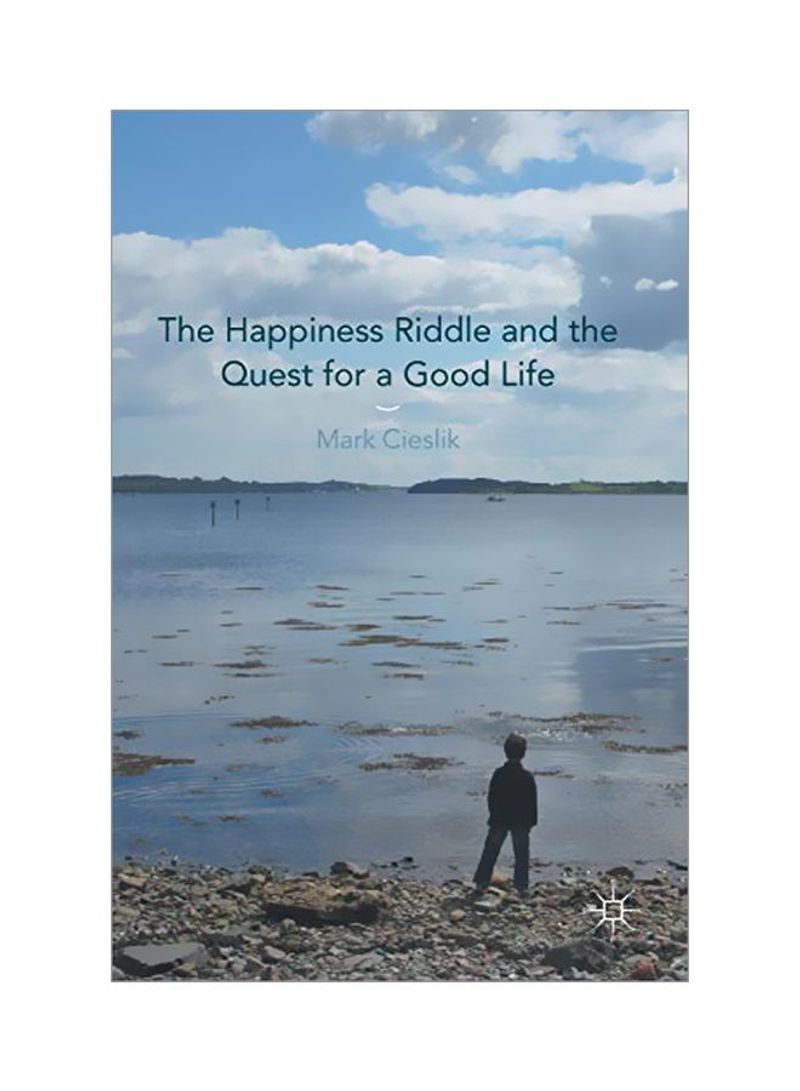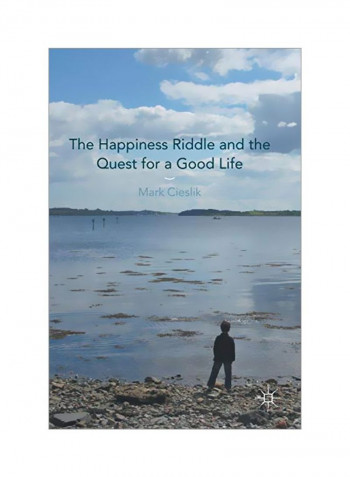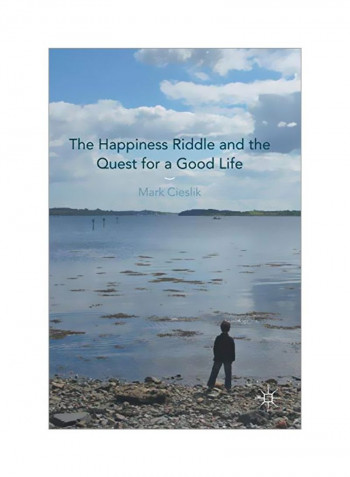The Happiness Riddle And The Quest For A Good Life Hardcover
Recommend
Sort by
Rating
Date
Specifications
Author 1
Mark Cieslik
Book Description
This book examines the meaning of happiness in Britain today, and observes that although we face challenges such as austerity, climate change and disenchantment with politics, we continue to be interested in happiness and living well. The author illustrates how happiness is a far more contested, social process than is often portrayed by economists and psychologists, and takes issue with sociologists who often regard wellbeing and the happiness industry with suspicion, whilst neglecting one of the key features of being human - the quest for a good life. Exploring themes that question what it means to be happy and live a good life in Britain today, such as the challenges young people face making their way through education and into their first jobs; work life-balance; mid-life crises; and old age, the book presents nineteen life stories that call for a far more critical and ambitious approach to happiness research that marries the radicalism of sociology, with recent advances in psychology and economics. This book will appeal to students and academics interested in wellbeing, happiness and quality of life and also those researching areas such as the life course, work-life balance, biographies, aging and youth studies.
ISBN-13
9780230283039
Language
English
Publisher
Palgrave MacMillan
Number of Pages
235
About the Author
Mark Cieslik is Senior Lecturer in Sociology at Northumbria University, UK. He established the British Sociological Association Happiness Study Group in 2009
Editorial Review
First, it will stimulate some critical thinking in anyone who is embarking on an undergraduate or Master's level course in positive psychology (or thinking of doing so). Second, it gives a good overview of the study of well-being for students of other social sciences. Third, it would be useful reading for public policymakers who wish to counterbalance some of the rather simplistic messages that are occasionally used to promote the `happiness agenda



